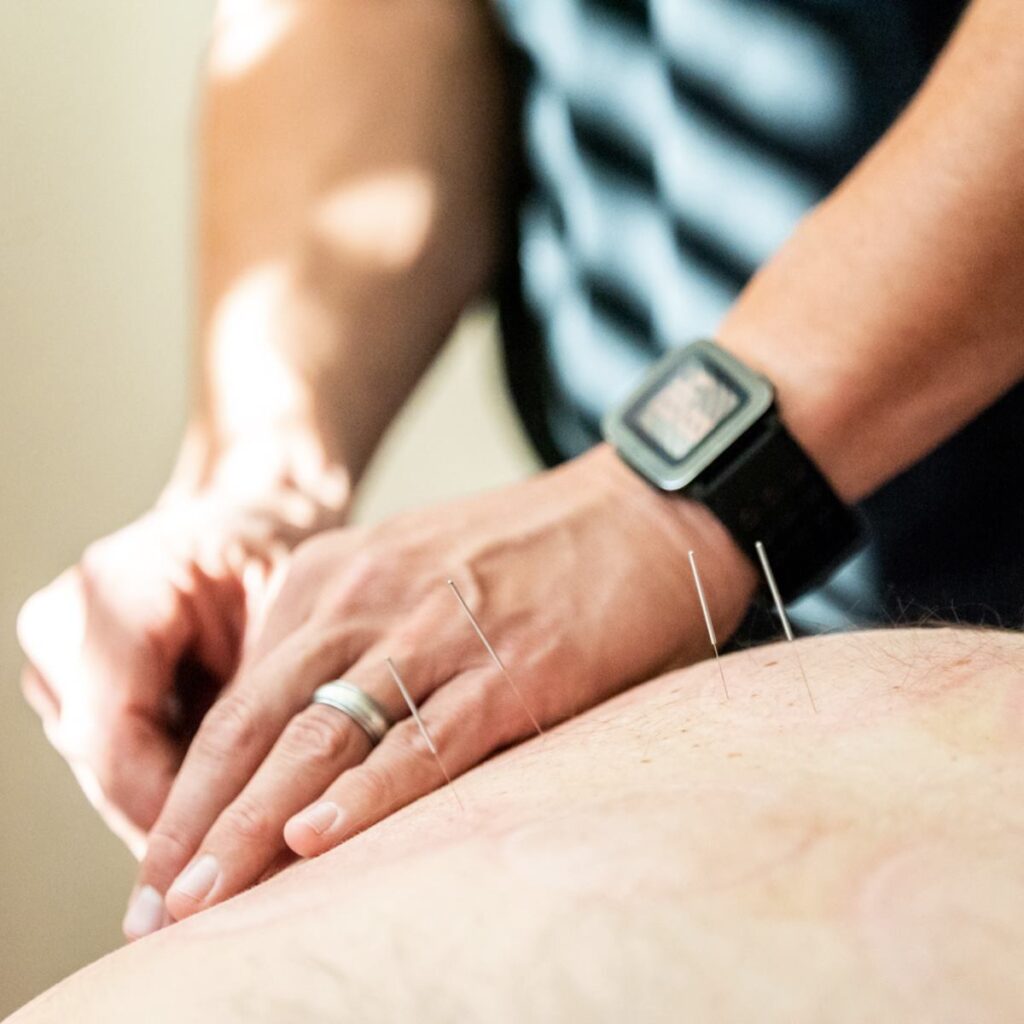It doesn’t matter who you are, where you live, or what you do for a living, you are going to experience stress. Stress is a part of our everyday lives. We experience it any time we are faced with change or a challenge. Let’s face it, in a world where we have all had to accept fast-changing adaptations to perform simple daily tasks, ie., work, school, social gatherings, exercising, shopping, stress is a daily companion. Learning to manage that daily companion in a healthy manner can actually lead to a happier, more productive you and acupuncture has been shown to play a key role in healthy stress management.
What is Stress?
We can all list at least 10 things that cause us stress (stressors), but what is it? Really?Stress is the body’s natural defense against predators and danger. When we are faced with a challenge or threat, our bodies have a partly physical response. This response helps us decide whether to stay and confront the challenge (fight) or retreat to safety as quickly as possible (flight).When faced with a stressor, the body produces larger quantities of cortisol, epinephrine, and norepinephrine. These chemicals trigger physical reactions like:
- Increased blood pressure
- Heightened muscle preparedness
- Sweating
- Alertness
Increased heart rateThese physical reactions improve our ability to respond to a potentially dangerous situation and allow us to act accordingly- fight or flight.
What are the physical and mental effects of stress?
How you react to a difficult situation or change is essential to determining the overall effects of stress on your health. Some of us can experience several stressors in a row or even all at once, and be just fine. Others may have a severe reaction to a single, isolated stressor.Fact is, even some of the happiest and most joyous of events can be overwhelming stressors for some of us. A new baby, landing a promotion at work, a wedding, buying a home. All of these are reasons to celebrate for sure, but they can all carry their own brand of stress.So, how does this affect your physical and mental health? In an effort to prepare you for the best reaction to your stressor by boosting your heart rate, alertness, and muscle reaction, your body must slow some normal bodily functions. These functions are usually related to your digestive and immune systems. Slowing down your digestive and immune systems makes you more susceptible to weight gain, sickness, and fatigue. The combination of speeding up some systems while slowing others can also lead to anxiety and depression.
What can you do?
In our daily lives, we are likely to encounter a number of stressors. Typically they present in the form of environmental stressors like noises, aggressive behavior, a speeding car, a job interview or first date, or even a scary movie. Have you ever had the pleasure of trying to guide your child through their school day from your kitchen table while simultaneously trying to present to your colleagues on Zoom? Definite stressor. As with any situation in life, there are several ways to manage stress. Some are definitely more healthy and effective than others.Unhealthy stress management can often manifest itself in the form of anxiety, depression, a weakened immune system, stomach problems, trouble sleeping, headaches, or high blood pressure, just to name a few. None of these conditions is something you want in your life. All too often, they may result in substance abuse, overeating, compulsive behaviors, or sudden (and often inappropriate) emotional outbursts.Since the reality is that we are all going to encounter stress daily, why not learn to manage it in a positive and constructive manner? Often, incorporating a few lifestyle changes can greatly reduce potentially harmful effects of stress. Some of the most effective changes are:
- Exercise– just a few minutes a day can help your body better manage the physical effects of negative stress
- Nutrition– you are what you eat. A poor diet simply does not set your body up for success
- Breathing and Relaxation– try some yoga, meditation, tai chi, or even prayer. Your body and mind will start to settle immediately
- Acupuncture– acupuncture is proven to help you help you relax and shift into your parasympathetic (rest & digest) nervous system
- Prioritize– learn to say ‘no’ and accept that you cannot control every situation or solve every problem. Intentionally devote your time and energy to the things that matter most and don’t sweat the small stuff
- Reduce Your Alcohol Intake– folks often grab a drink when life gets stressful to ‘take the edge off’. Turns out, alcohol only heightens stress levels and increases the likelihood of depression and anxiety
Why Acupuncture?
From the perspective of Traditional Chinese Medicine, acupuncture relieves stress by promoting the movement of Qi in the body. Stress can lead to insufficient movement of Qi through your body and result in:
- Muscle Tension
- Headaches
- Irritability
- Restlessness
- Distractedness
When acupuncture is applied to specific areas of stagnation or along energy channels where the Qi is not flowing properly, not only can the flow be restored, but the symptoms can be alleviated. This can result in relaxation and relief, feeling the way we should when our bodies are getting what they need.Studies have shown that acupuncture also causes important shifts in our neurochemistry, increasing the ‘happy’ hormones in our bodies. Hormones like serotonin, epinephrine, and dopamine paired with the release of GABA (gamma aminobutyric acid), a relaxation amino acid, work together to combat the effects of the ‘stress’ hormone cortisol. Through the release of these hormones, we are able to shift into our parasympathetic, or rest-and-digest, nervous system and relax from the fight-or-flight response to stress.
There is no ‘one size fits all’ acupuncture approach to treating stress. However, if you work with your practitioner to start alleviating some of the symptoms stress can cause, chances are you will get the relief you seek. Make an appointment today to start taking control of the stress in your life. No one should suffer chronic stress and we are here to help you overcome it!





